How To Be Safe While Using The Internet
In the modern era of technology, it has become imperative to adopt safe browsing practices to safeguard oneself from online threats and ensure personal privacy. By following a few simple guidelines, you can significantly reduce the risk of falling victim to malicious activities. In this article, we will discuss effective, safe browsing practices that will help you stay protected while surfing the internet
Keep Your Software Updated:

One of the fundamental steps in maintaining online security is to regularly update your software. Ensure that your operating system, web browser, antivirus software, and other applications are up to date with the latest security patches. Updates often address vulnerabilities and security weaknesses, enhancing your protection against emerging threats.
Create Strong and Unique Passwords:
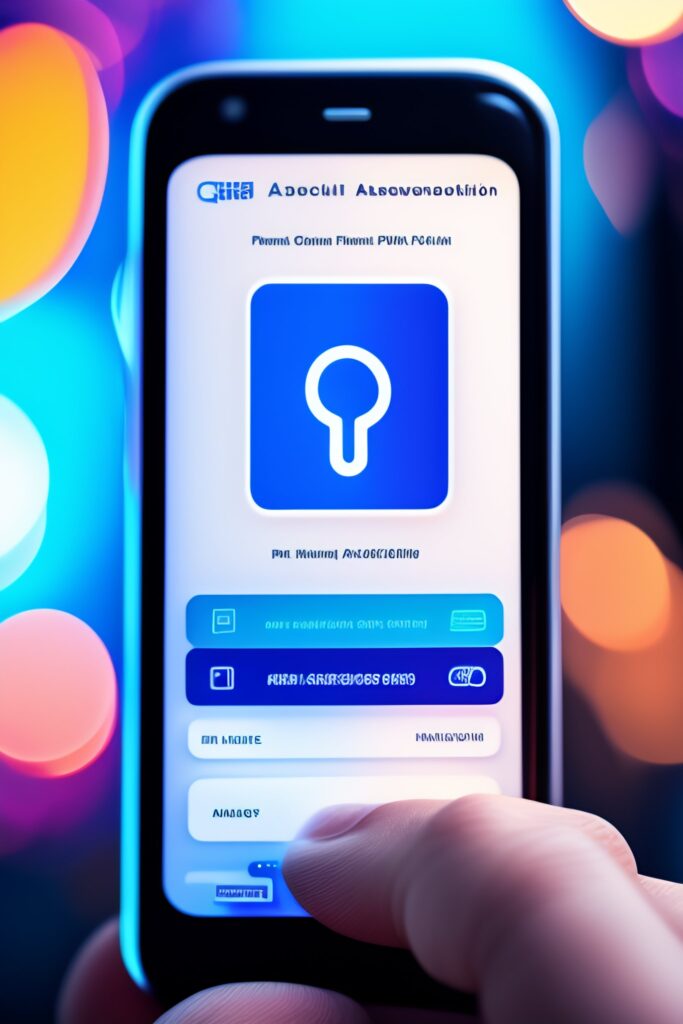
Creating strong and unique passwords is vital to protect your online accounts effectively. Avoid reusing passwords across multiple platforms. Instead, opt for complex passwords that include a combination of uppercase and lowercase letters, numbers, and symbols. Consider using a reliable password manager to securely store and generate unique passwords for each website you visit.
Exercise Caution with Suspicious Links and Attachments:
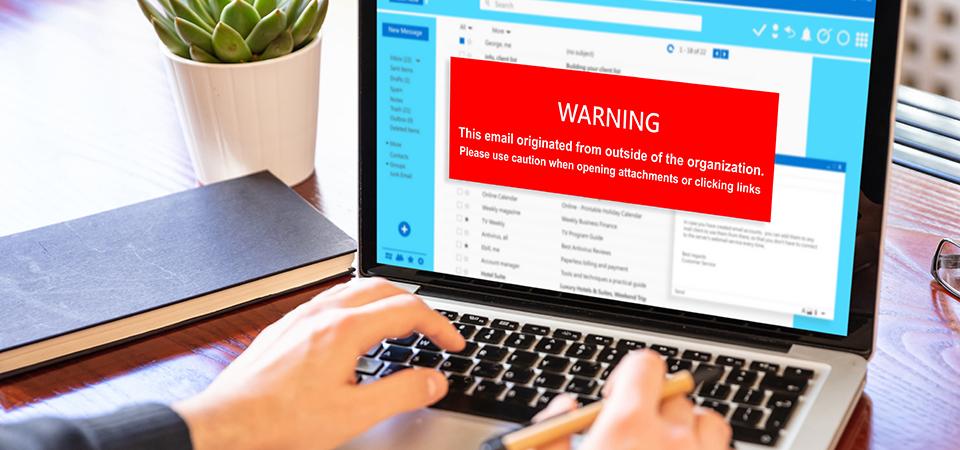
Be vigilant when encountering suspicious links or email attachments. Avoid clicking on links from unknown sources or downloading attachments that appear dubious. Hover over links to preview the URL before clicking, and be especially cautious with email attachments, as they can contain malware or initiate phishing attempts.
Enable Two-Factor Authentication (2FA):
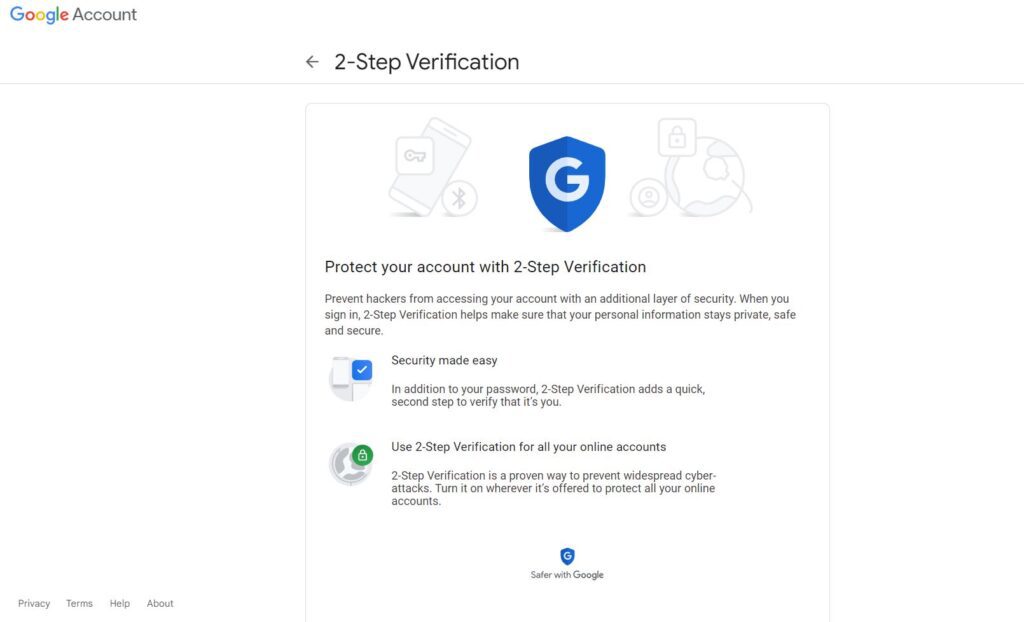
By implementing two-factor authentication, you add a level of security to your online accounts, bolstering their protection against unauthorized access. Whenever available, enable 2FA, as it requires a second form of verification (such as a unique code sent to your mobile device) in addition to your password. With the implementation of two-factor authentication, the chances of unauthorized access are significantly reduced, offering a robust safeguard against potential breaches, even in the event of password compromise.
Beware of Phishing Attempts:
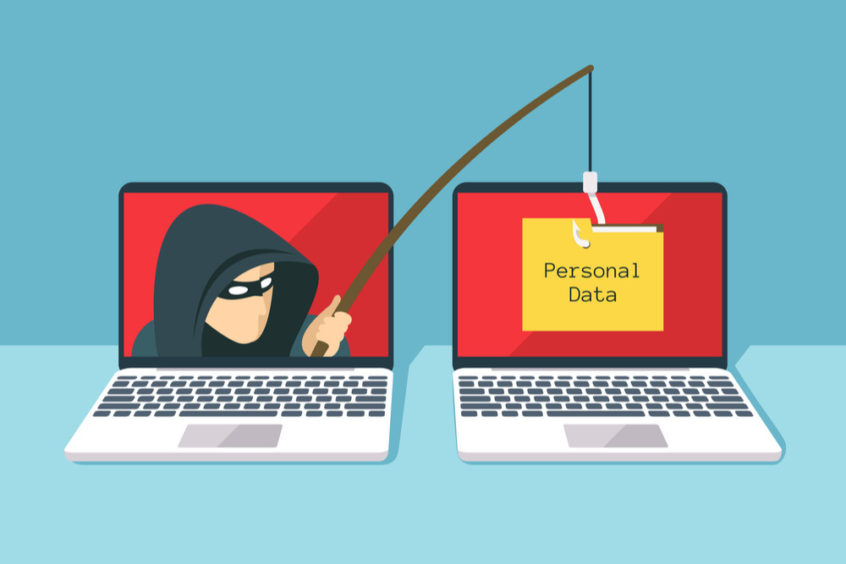
Phishing attacks remain a common and ongoing threat. Exercise caution when dealing with emails, messages, or websites that attempt to deceive you into revealing sensitive information. Avoid clicking on links in unsolicited emails or providing personal information to untrusted sources. Remember, legitimate organizations rarely request sensitive data via email.
Utilize Secure Browsing Protocols:
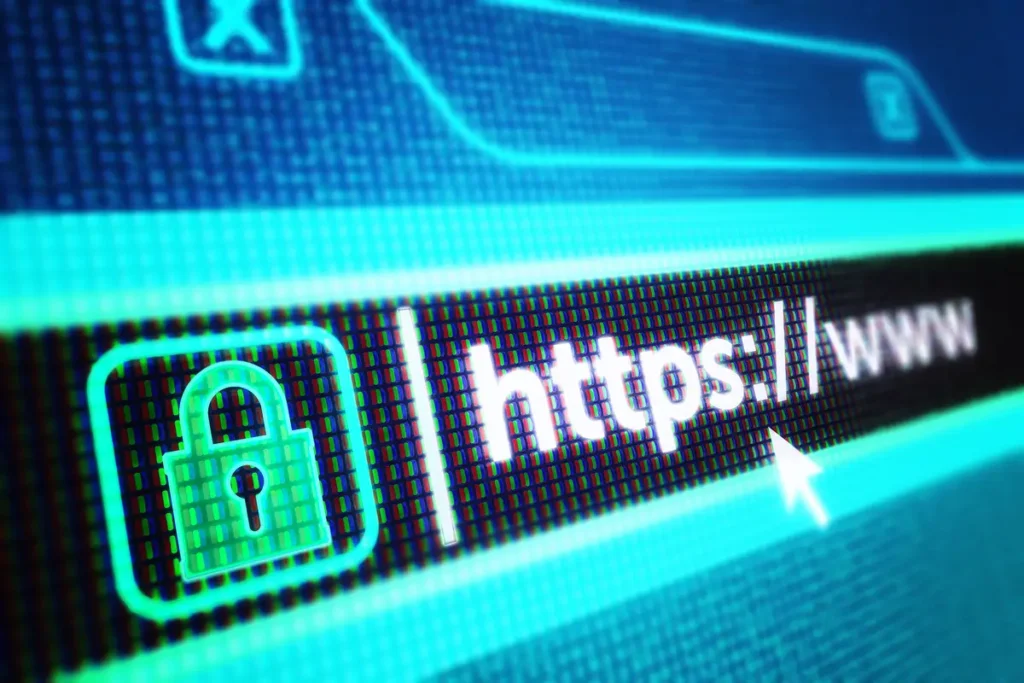
Whenever possible, access websites using HTTPS (Hypertext Transfer Protocol Secure) instead of HTTP. HTTPS encrypts the data exchanged between your browser and the website, providing an additional layer of security. Look for the padlock symbol in the browser address bar to ensure a secure connection.
Install Reliable Security Software:
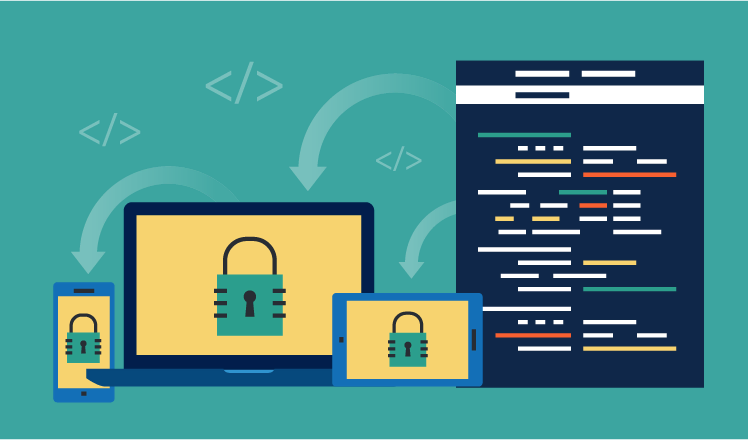
To protect your devices, simply install trusted antivirus and anti-malware software. These security solutions act as a shield, defending your devices against viruses and other malicious software. Keep them up to date and schedule regular system scans. A reliable security software suite can detect and prevent various types of malware, providing a crucial defense against online threats.
Exercise Caution on Public Wi-Fi Networks:
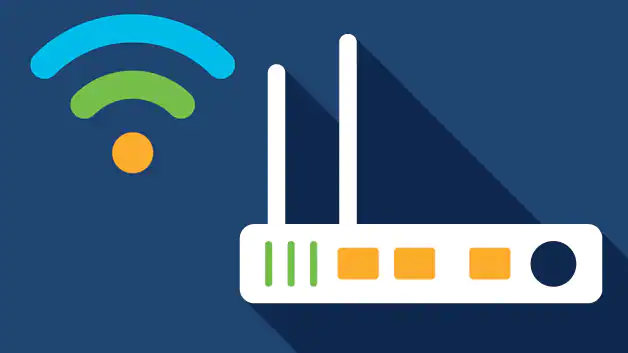
Public Wi-Fi networks can be vulnerable, creating an opportune environment for attackers to intercept and compromise your data. Exercise caution when using public Wi-Fi and avoid transmitting sensitive information, such as passwords or credit card details, unless necessary. You can enhance your online security by using a virtual private network (VPN) to encrypt your internet connection and provide an additional layer of protection.
Review Privacy Settings on Social Media:

Exercise caution when sharing information on social media platforms, and be mindful of the details you disclose. Adjust your privacy settings to limit the visibility of personal details, and be cautious about sharing sensitive data publicly. Regularly review and update your privacy settings to ensure you are comfortable with the level of information being shared.
Stay Informed and Educate Yourself:

Online threats and security practices are continually evolving. Stay informed about the latest security trends, scams, and best practices by reading security blogs, news articles, and updates from trusted sources. Equipping yourself with knowledge is the most effective way to protect yourself against online threats.
Practicing safe browsing habits is paramount in today’s digital landscape. By following these tips and staying vigilant, you can significantly enhance.